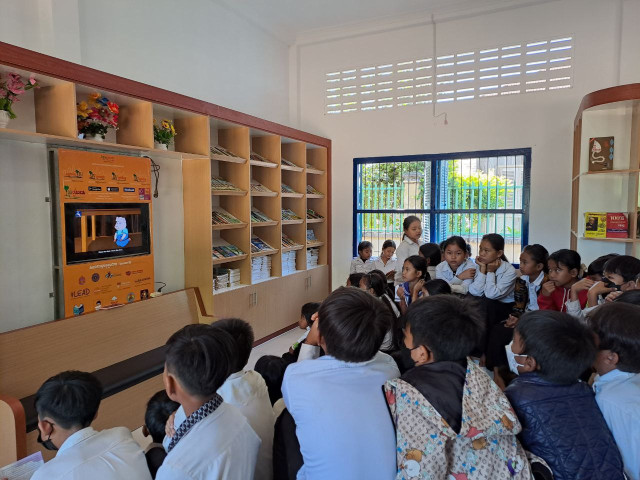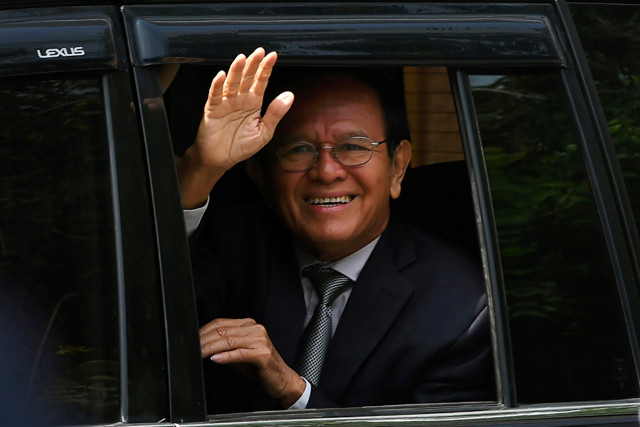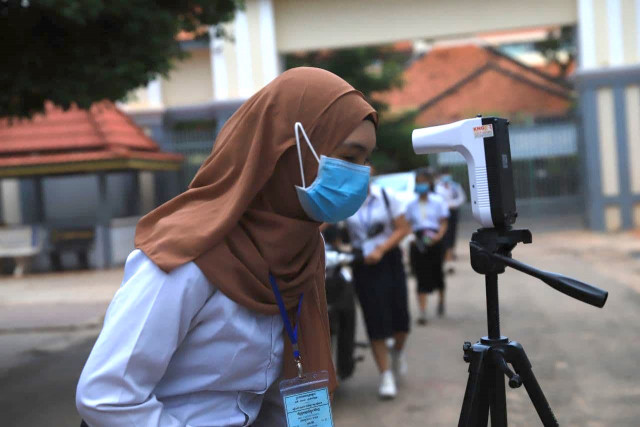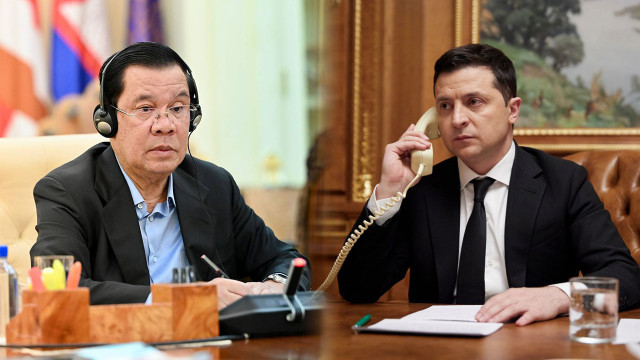Distance Learning Gives Children a Second Chance

- By Teng Yalirozy
- August 26, 2023 8:59 AM
PHNOM PENH – More than 5,000 students with incomplete schooling in Ratanakiri province will get a chance to resume formal education through an expanded program of distance digital learning.
Plan International Cambodia launched “The Enhancing Quality Learning for Out of School Children in Northeastern of Cambodia (EQUAL)” project for the new school year in July. It runs until June next year.
Sou Makara, head of the project organization, said the project is to help students who drop out of school, fail classes, are over-aged or have not attended school to resume education.
The project offers accelerated and multi-language courses. Accelerated courses are run at a primary level, The multi-language course had also excited indigenous students, he said.
“We find students, in remote or disadvantaged communities, whose ages are 8 or 9 but still in grade one to join the accelerated courses. We also help students who fail the class,” said Makara, explaining that students will finish two grades in one academic year.
“They will not feel embarrassed of being over-aged and still being in lower grades.”
Having been implemented for two years, the project has expanded to 10 secondary schools in this new school year with online learning being offered and facilitated because students who transit from primary level to secondary level face travelling distances, Makara said.
“Online learning equipment will be provided to schools that lack teachers,” he said. “The students can distantly learn math, physics, chemistry, Khmer literature and English. We select quality teachers to teach them online.”
Yi Kim Than, Plan International’s deputy director of programs in Cambodia, said that starting in the 2023–2024 academic year, 10 lower and upper secondary schools will implement the digital learning platform, which will be used to teach math, chemistry, physics and English.
Lower-secondary students in eight schools will learn math, chemistry, physics and English, and upper-secondary students in two schools will learn math, chemistry and Khmer language.
“The project will set up the digital learning equipment and devices in 10 lower and upper secondary schools in Taveng, Ochum, Angdoung Meas and Veurn Sai districts, said Kimthan. “The equipment includes computers, LCD projectors and internet connection for the classrooms.
“The teachers in the town will teach and connect to the students in the rural areas via Zoom and Google Meet at the same time and the students can interact and ask questions to the teachers.”
Yi Kim Than said the admission rate is 49.6%, the percentage repeating classes is 5.5%, the transition rate to lower secondary school is 78.1% and the transition to upper secondary school is 77%, according to the provincial data for 2021-2022.
“Primary education for girls in the north-east, including Ratanakiri, is facing a lot of challenges or barriers,” said Kimthan. “These include limited school facilities for girls, limited protection systems for girls, schools being very far from their villages and limited qualified teachers.”
Makara said the EQUAL project has bridged the gap in education, and children can get access to the education they deserve.
“We make sure that we can provide education with quality to children in remote areas who are facing difficulty in getting education,” he said.















